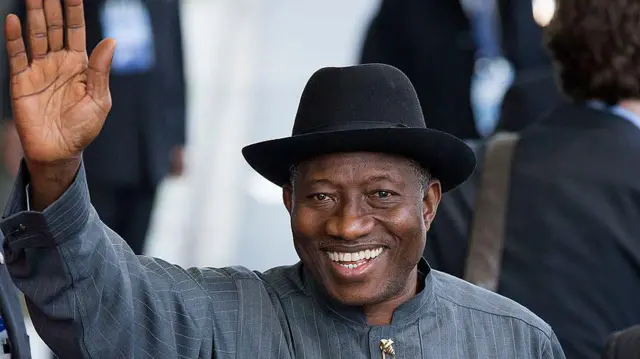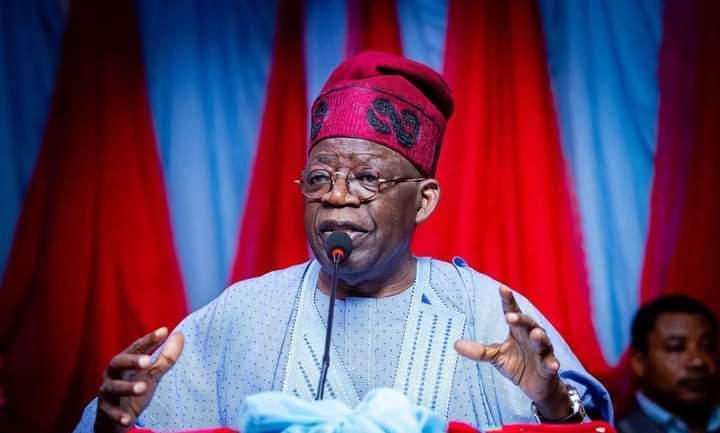by Mark Amaza
 What Nigeria needs is not activists, but active citizens – where every citizen knows what he desires and does not relent in pushing for it.
What Nigeria needs is not activists, but active citizens – where every citizen knows what he desires and does not relent in pushing for it.
bout four and half years ago, I started writing my thoughts on Nigerian unity and publishing same on Facebook, before gradually setting up my own blog where I write my opinions mainly on politics, entrepreneurship and random thoughts. It has also given me exposure to write for other sites and blogs.
While a lot of people understand that blogging and writing for me is a hobby, many others erroneously call me a journalist. But the most hilarious, somewhat, of the labels I have been tagged with is that of an activist – someone who is a vigorous campaigner to bring social or political change.
I find that label heavy because whenever I hear of the word ‘activist’ in the Nigerian context, I remember people like the late Gani Fawehinmi, Beko Ransome-Kuti, etc. who spent lot of time in detention during military dictatorships for daring to speak up for their rights. I am in no way close to what they have achieved.
However, it is hard explaining this to many people, as not only do they see anyone who is vocal in expressing the kind of society and government s/he wants to see is an activist.
Note: there is absolutely nothing wrong with being an activist – it is a life’s devotion that is worth applauding; for one to dedicate himself to fighting for a cause.
However, the danger I have observed with crowning people activists or seeking activists is that it enables the rest of the population to hide their cowardice as they then line up behind the said ‘activist’ rather than speaking out for themselves also. In fact, many times, the ‘activists’ get asked to fight for others rather than the others also trying to fight for themselves.
Then when the times come that the ‘activist’ holds an opinion contrary to what his followers have, or does not even speak about an issue, s/he is attacked as having sold out, let down his/her generation, etc. They make it almost seem that the ‘activist’ had won an election as being the sole voice of the youth constituency.
What then stops most of us from being vocal about the political and social change we want? Why do we put so much faith in these ‘activists’?
We still have a hangover from the days of military rule in Nigeria where speaking up against authority was almost suicidal and could land one in detention, if not death. There is also the fear of stirring controversy, especially on sensitive issues. Today, despite the increased freedom in expressing one’s opinions, the fear still persists in many Nigerians.
For example, one issue I am very passionate about is that of religious equality in Northern Nigeria in the context of how I grew up as a Christian in a majority-Muslim community. I have blogged about it a few times before and I tweet about it a lot. Whenever I meet fellow Northern Christians, they applaud my opinions and voice same complaints as the ones I have made. Yet, I struggle to name up to five Northern Christians that are vocal online on such an issue. The fear of rocking the boat or stirring controversy is real.
Yet, while the people are lining up behind their ‘activists’, the slightest deviation in the actions or opinions of the ‘activists’ from the expectations of the followers stirs up cries of the ‘activists’ having been bought over or compromised.
What most people do not know is that majority of the people they tag activists are merely living their lives, and even the most well-intentioned of people have biases. You cannot expect another person to always speak your mind the way you want it to be spoken. You have to learn to do your own speaking.
What Nigeria needs is not activists, but active citizens – where every citizen knows what he desires and does not relent in pushing for it.
A citizen does not have to be vocal about everything, but should be vocal about those issues that concern him/her the most. It may be maternal health, corruption, religious equality, lack of infrastructure, national security and so on and so forth. There is definitely at least one thing that upsets and bothers you – get vocal about it and don’t wait for an ‘activist’ to do it for you.
The same very tools many of the people you call activists use are also available to you – the internet and social media such as Twitter and blogs. They are easy to use and inexpensive; you are likely very familiar with them already.
Lastly, pushing someone in front to act as your voice opens him/her up to vulnerabilities. Although dissent and open criticism of government has grown steadily since our return to democracy, one cannot rule out that their safety could be in jeopardy as they stand out.
Not only that, it is easier for politicians to make lone ‘activists’ compromise by offering them money or appointments, but the job becomes harder when it is not about silencing one person but an entire movement of active citizens.
When John F. Kennedy made his famous quote in Inauguration Speech in 1961, “Ask not what your country can do for you, but what you can do for your country”, demanding the type of social and political change you want to see and being an active citizen counts as part of what you do for your country.
We shouldn’t be seeking activists; instead, we should seek to be active citizens.
—————————————-
Op-ed pieces and contributions are the opinions of the writers only and do not represent the opinions of Y!/YNaija.










